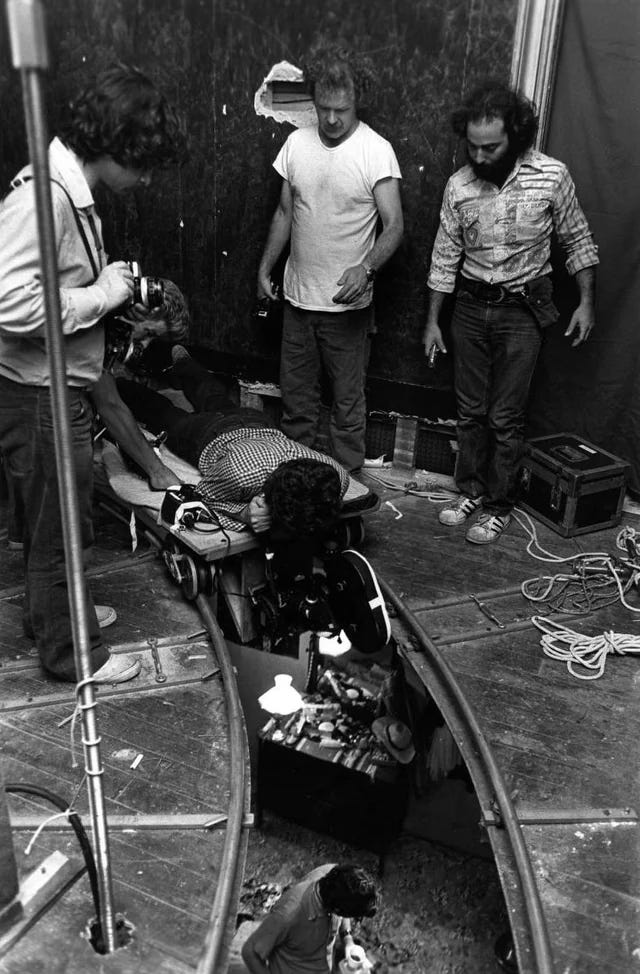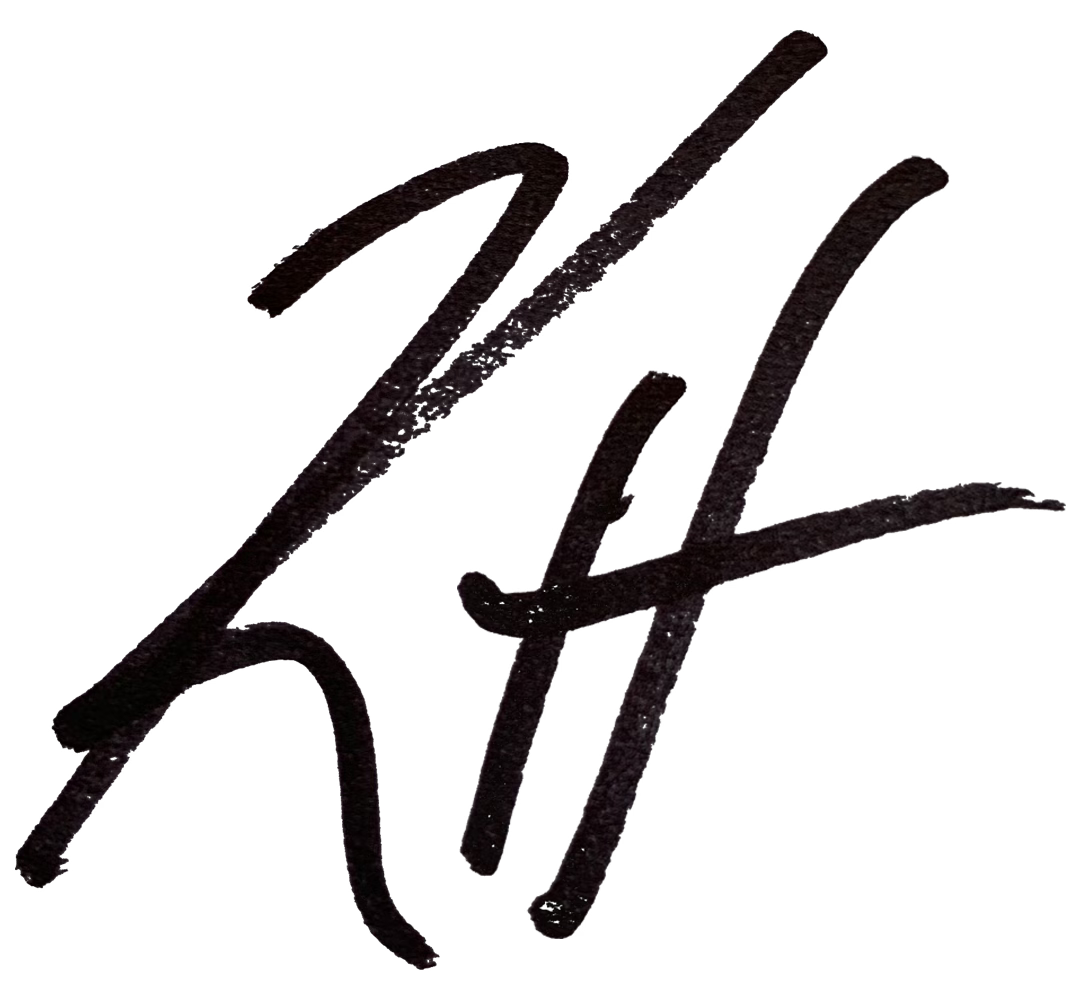Limitation: The Breeding Ground of Creativity
and Making Good Art
Limitation Breeds Creativity
I was chatting with a friend recently about the phenomenon of bad CGI in modern films—namely Disney films.
It seems that despite the fact that CGI technology has advanced tremendously over the last two decades, many modern films and shows actually look worse than movies made at the start of the millennium! How can this be?
The way it was put forward in an article I was reading is simply this: Twenty years ago, CGI was much, much more expensive, and much, much less accessible. When film companies used it, they had to consider budget, and would be forced to use more practical effects to save budget for a few key CGI shots that really blew you away in the final cut. However, today, CGI is both cheap and widely accessible. Anyone can be ready to make CGI in thirty seconds with an application from the app store.
The result… well, the article pointed to the She-Hulk series on Disney+. The commentator remarked how terrible the CGI looked on this series, inferior by a far to many films from over twenty years ago. The only logical explanation is that the studio does not care. They are basically saying we know that you’re going to watch this anyway so we won’t even bother putting any real money or effort into the production.
Now as much as I could continue down this thread, this is not the exact point I wanted to discuss in this post. It’s just the lead-in.
The fact that CGI is cheap and everywhere has led to crappy CGI, lazy, miserly film studios and—overall—low quality product.
This was where my friend said something very interesting: “Limitation breeds creativity.”
I wasn’t sure at first where he was going. He elaborated explaining how for these huge studios having virtually endless budgets, access to anything and basically zero limitations, has killed creativity.
He then gave a fantastic example. During the filming of the 1976 Martin Scorsese film, Taxi Driver, there is a scene near the end where the main character bursts into the brothel and engages in a gun fight in an attempt to save the young prostitute, Iris. After killing everyone, he collapses on a couch in the upper room, severely wounded.
Apparently, the building they were shooting in was very tight and they were having trouble getting the shot that the director wanted. A trained eye for cinematography might have wondered how they got the final shot in that scene where the camera glides across the room, catching De Niro on the couch covered in blood when the police arrive.
Scorsese asked his grips to cut the ceiling out with chainsaws and install a track to mount the film camera so they could shoot from above, allowing them to get the shot. They even had to brace the exterior of the building so it wouldn’t collapse!
It was the limitations of the environment they were working in that forced Scorsese to think outside the box, to get creative, and ultimately, to achieve something great. Something beautiful.
Making Good Art
(and thoughts on AI)
What a brilliant observation! It’s something to keep in mind. Sometimes we think we need to have absolutely everything in order to create art. As a writer, I have fallen into this trap myself:
I need my own private office, with a window. I need a nice vintage desk. The top model mac laptop. Professional software. THEN I will be able to write my story!
Even if I am writing longhand, I insist upon an expensive German made pen—not that I don’t love my Kaweco—and a beautiful, handmade leather journal. Real leather too, not that cheap fake kind! As if the writing would be worse if it were written in a dollar store scribbler.
Don’t get me wrong. It’s great to be intentional. It’s totally fine to have nice things and useful tools. All I am saying is that it is possible to fall into the mindset that you need all these things to create good art… and that is just not true.
Make good art.
Make it on the bad days,
make it on the good days, too.
- Neil Gaiman
Now all this has got me thinking about….AI.
It has got me thinking about how so many people today can’t spell. Or at least can’t spell well. Autocorrect has taken care of that. Frequently I am asked how to spell very simple words. Now many people argue that spelling isn’t important since we have autocorrect, but as a writer, I would disagree and I can’t help but wonder how far will this go? How much worse will it be in 5 years? 10 years? 20?
Now with AI things have progressed further. Technology can no longer just spell for us, it can write for us. Almost every day I hear the phrase: “Just ask ChatGPT to do it.”
Writing an email. An Instagram post. A cover letter. A doctoral thesis… where does it end? AI is a tool. Not a butler.
Not to mention the fact that AI is already stealing the published work of millions of authors. Do a web search on how Meta has illegally stolen countless proprietary literary works to train its AI.
We already can barely spell… how long will it be before the creative part of our brains atrophy from lack of use because we just rely on AI for everything?
Have you ever seen the movie Idiocracy? Is it prophetic? Or is it a parody? That remains to be seen.
At the end of the day, I think we need to remember what tools are for.
They don’t replace skill.
They don’t replace creativity…ingenuity…artistry.
And they are certainly not a substitute to make. Good. Art.
Thanks for reading.





Where exactly do I start to comment from? From the part you wrote on starting with what you have and not waiting for the perfect condition, gadget etc, or the part that AI can’t replace the true creative human skill/touch? This is a truly incredible read.
Hear! Hear! Well said and vitally important to keep in mind or else the written words may fade - not for lack of skill - being drowned out by myriad ai-contrived slop.